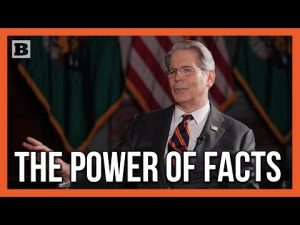In Washington, D.C., the nation finds itself gripped by a heartbreaking tragedy involving two young National Guardsmen. The President recently shared somber news that a 20-year-old woman, who started her service just this past June, has tragically passed away. Her ambition and dedication were well-noted, making the loss even more profound. Meanwhile, a young man is in critical condition, struggling for his life. These are not just headlines; they are shared heartaches that demand our collective moral and logical response.
As with many incidents of this nature, questions are immediately raised about the circumstances leading up to the tragedy. The suspect involved, a 29-year-old recent asylum grantee, stands to face upgraded charges possibly as severe as first-degree murder, should the man’s condition worsen. This individual, with a background tied to a CIA-backed military unit in Afghanistan, managed to enter the country amidst what appears to be a flawed vetting process. It’s time to look critically at how the vetting process operates, particularly under the leadership of those who prioritize political optics over national security.
The President has been vocal, calling for drastic measures such as pausing certain migration channels and reviewing any asylum and green card cases issued under the current administration. The pause on admissions from specific regions is fueled by a larger concern over national security and the safeguarding of American citizens—a strategy not likely to receive applause from all quarters, but one that prioritizes practicality over political correctness.
Amidst the outpouring of grief, it is important to reflect on the lives shattered by this event. These two individuals embraced the call to serve, representing the values of patriotism and dedication. For many, including those in small town America, volunteering to serve often means rising above personal risk to fulfill a greater purpose. While these ideals should set an example, they also beg the question—are we doing enough to protect those who protect us?
The urgency to critically reevaluate vetting and immigration processes is clear. Whether it is a policy pause or the demand for rigorous background checks, ensuring that those entering the country do not pose a threat is paramount. One might say it’s time for everyone involved, especially those advocating for open-border policies, to take a good look in the mirror and ask: at what cost are we ready to gamble with national security? While some debate the morality of these decisions, others know that protecting citizens comes first. This event is another prompt to remember that actions—or inactions—have very real, very tragic consequences.







